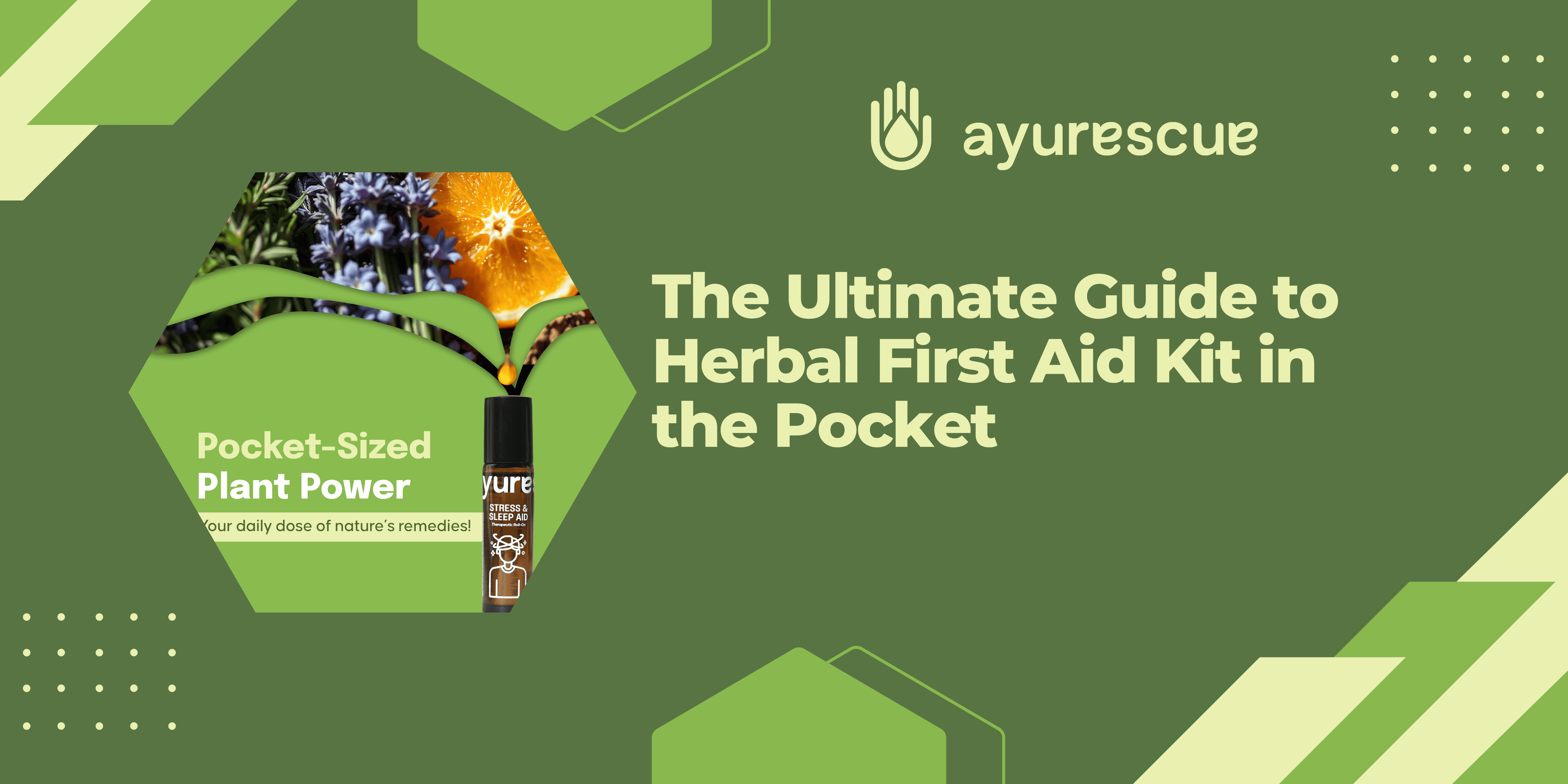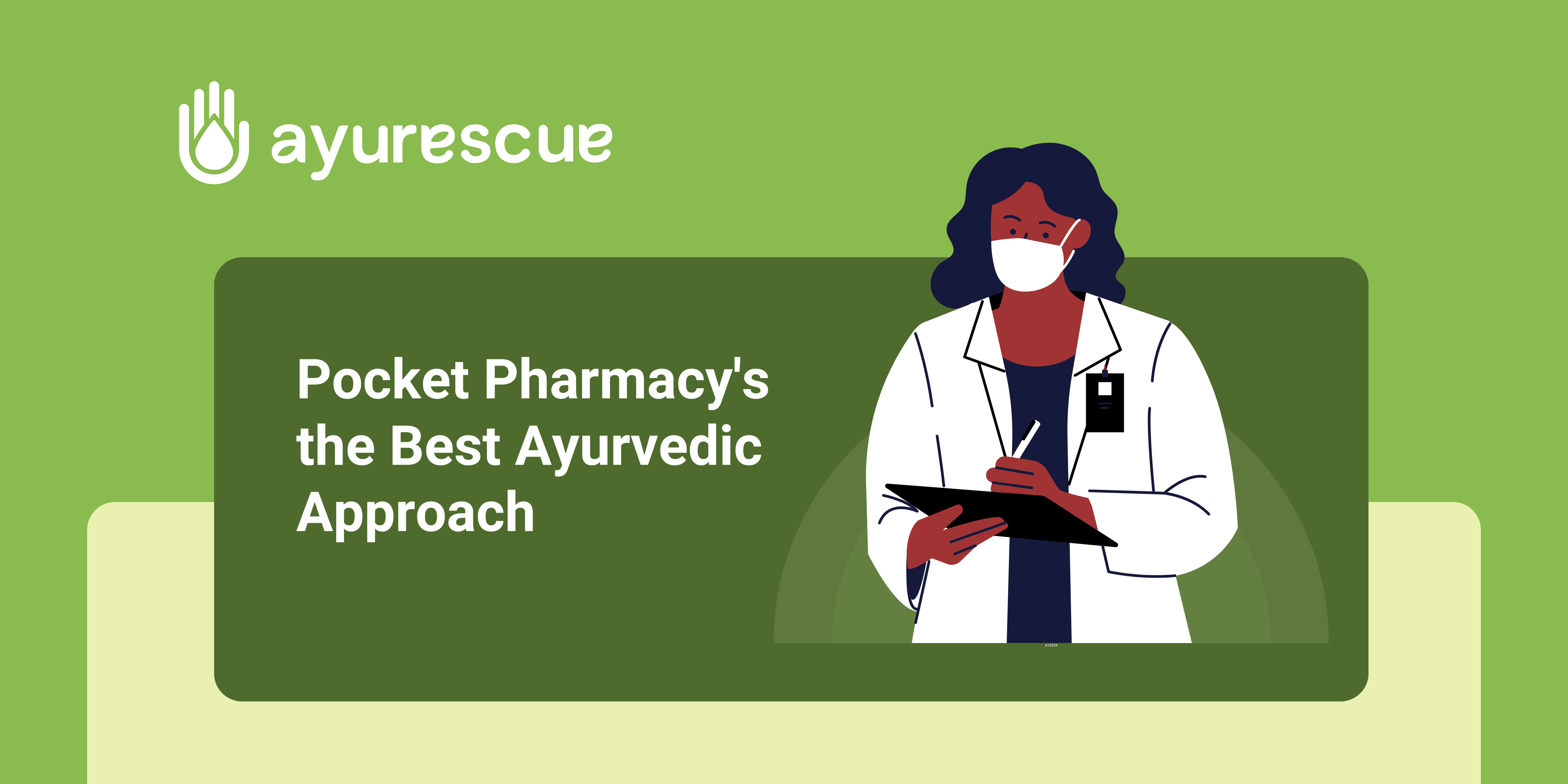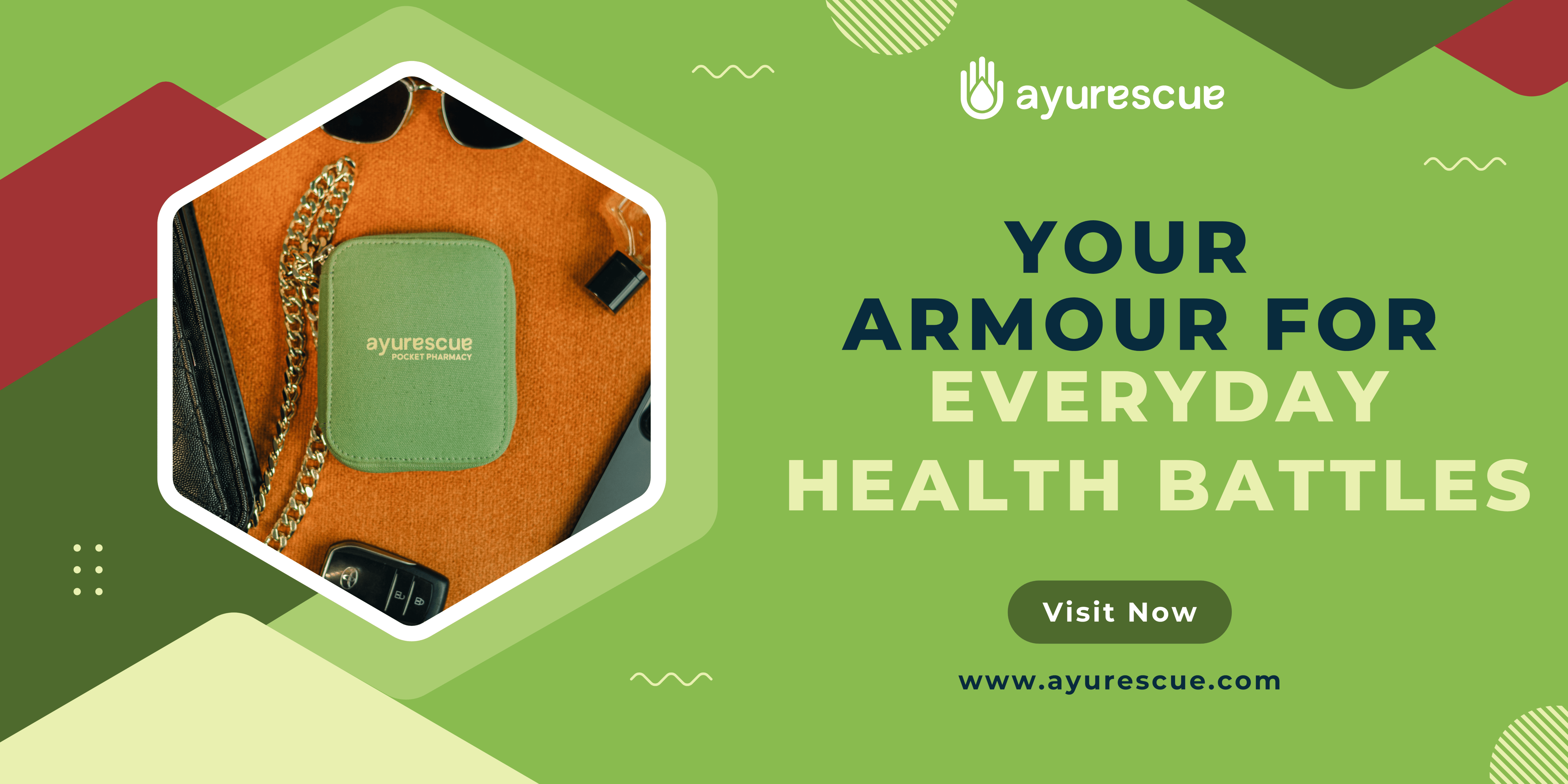
The Ultimate Guide to Herbal First Aid Kit in the Pocket
Introduction to Herbal First Aid Kits
An herbal first aid kit is a compact collection of natural remedies designed to address minor health issues and emergencies. Unlike conventional kits filled with synthetic medicines, herbal kits prioritize the healing power of nature. Having a pocket-sized herbal kit ensures you’re prepared to handle cuts, scrapes, bites, and other common ailments wherever you go. Whether you’re on a hike, at work, or running errands, the convenience of a portable solution for natural healing is invaluable.
Key Benefits of Herbal First Aid Kits
Natural remedies are celebrated for their healing properties without harsh side effects. An herbal first aid kit in the pocket provides several advantages:
- Eco-Friendly and Sustainable: Herbal remedies reduce dependency on chemical-based products, which often come with plastic packaging and non-biodegradable waste.
- Accessible Health Solutions: Herbs like calendula and aloe vera offer quick relief for cuts and burns, making them reliable alternatives to synthetic medications.
- Cost-Effective: Once prepared, many herbal remedies have a long shelf life, making them a practical and economical choice.
-
Allergy-Friendly: Herbal solutions can often be customized to suit individual sensitivities, offering a safer option for those with allergies to conventional medications.

Essential Part of a Pocket Herbal First Aid Kit
A well-prepared herbal kit combines potent herbs with practical tools. Here’s what you’ll need:
- Top Herbs to Include: Aloe vera for burns, lavender for calming, and peppermint for headaches and nausea.
- Tools and Accessories: A small pair of scissors, sterile gauze, and reusable containers for balms or tinctures.
Must-Have Herbs for a Pocket Kit
Aloe Vera: Skin Soother
Aloe vera is renowned for its cooling and healing effects on burns, rashes, and insect bites. Its gel can be removed straightforwardly from the leaf and applied to the skin for moment alleviation.
Calendula: Anti-Inflammatory Properties
This vibrant flower is a natural anti-inflammatory and anti-microbial agent. It’s effective for soothing cuts, scrapes, and skin irritations. Infused calendula oil is a staple in herbal first aid kits.
Peppermint: Digestive Aid and Pain Reliever
Peppermint is a versatile herb that helps alleviate headaches, digestive discomfort, and muscle pain. A small bottle of peppermint essential oil or dried leaves can work wonders.
Preparing Your Herbal Remedies
Making your own remedies ensures quality and effectiveness:
- Drying and Storing Herbs: Spread fresh herbs on a drying rack in a well-ventilated area. Once dried, store them in airtight containers to retain potency.
- Balms, Tinctures, and Infusions: Create herbal salves by mixing infused oils with beeswax, or prepare tinctures by soaking herbs in alcohol or glycerin.
Choosing the Right Container for Your Kit
The container for your herbal first aid kit should be:
- Compact and Durable: Opt for lightweight, waterproof containers that fit easily into your pocket or bag.
- Well-Organized: Use small pouches, dividers, or labeled jars to keep herbs and tools neatly arranged.

Herbal First Aid Kit for Specific Situations
Camping and Outdoor Adventures
When hiking or camping, a portable herbal kit can address insect bites, minor wounds, and sunburns. Include mosquito-repelling herbs like citronella and a soothing balm for chafed skin.
Travel and Urban Commutes
City life often comes with stress and pollution. Herbs like lavender and chamomile help reduce anxiety, while peppermint can combat headaches caused by prolonged screen time.
Emergency Preparedness
An herbal kit is invaluable during natural disasters or power outages. Stock it with multipurpose herbs like tea tree oil, known for its antiseptic properties.
Instructions to Utilize Your Herbal First Aid Kit
Step-by-Step Instructions for Common Ailments
- Cuts and Scrapes: Clean the wound with water, then apply calendula oil to promote healing. Cover with sterile gauze.
- Insect Bites: Dab a drop of lavender essential oil to soothe itching and irritation.
- Headaches: Massage peppermint oil onto temples for quick relief.
Dos and Don’ts
- Do: Test remedies on a small patch of skin to check for allergies.
- Don’t: Substitute herbal remedies for professional medical care in serious cases.
Maintenance and Restocking of Your Kit
Herbal remedies require periodic maintenance:
- Checking Expiry: Monitor the shelf life of dried herbs, oils, and tinctures. Replace them as needed.
- Sourcing Herbs: Purchase from reputable suppliers or grow your own for guaranteed freshness.
Frequently Asked Questions (FAQs)
Why Choose an Herbal First Aid Kit over Traditional Kits?
Herbal kits offer natural, eco-friendly solutions without the side effects of synthetic products.
Are Herbal Remedies Safe for Children?
Many herbal remedies are safe but should be used in diluted forms. Always consult an expert.
Can I Customize My Herbal First Aid Kit?
Absolutely! Tailor your unit to suit your particular requirements and inclinations.
How Do I Learn More About Herbal Medicine?
Books, workshops, and online resources are excellent ways to expand your knowledge.
How Do I Properly Dispose of Expired Herbal Products?
Compost biodegradable components and follow local guidelines for disposing of oils or tinctures.
What is the Shelf Life of Common Herbs?
Dried herbs typically last 1–2 years if stored properly, while tinctures can last up to 5 years.
To know more – Visit our Website
For Product related queries – Click here or call us @ +918510811088

